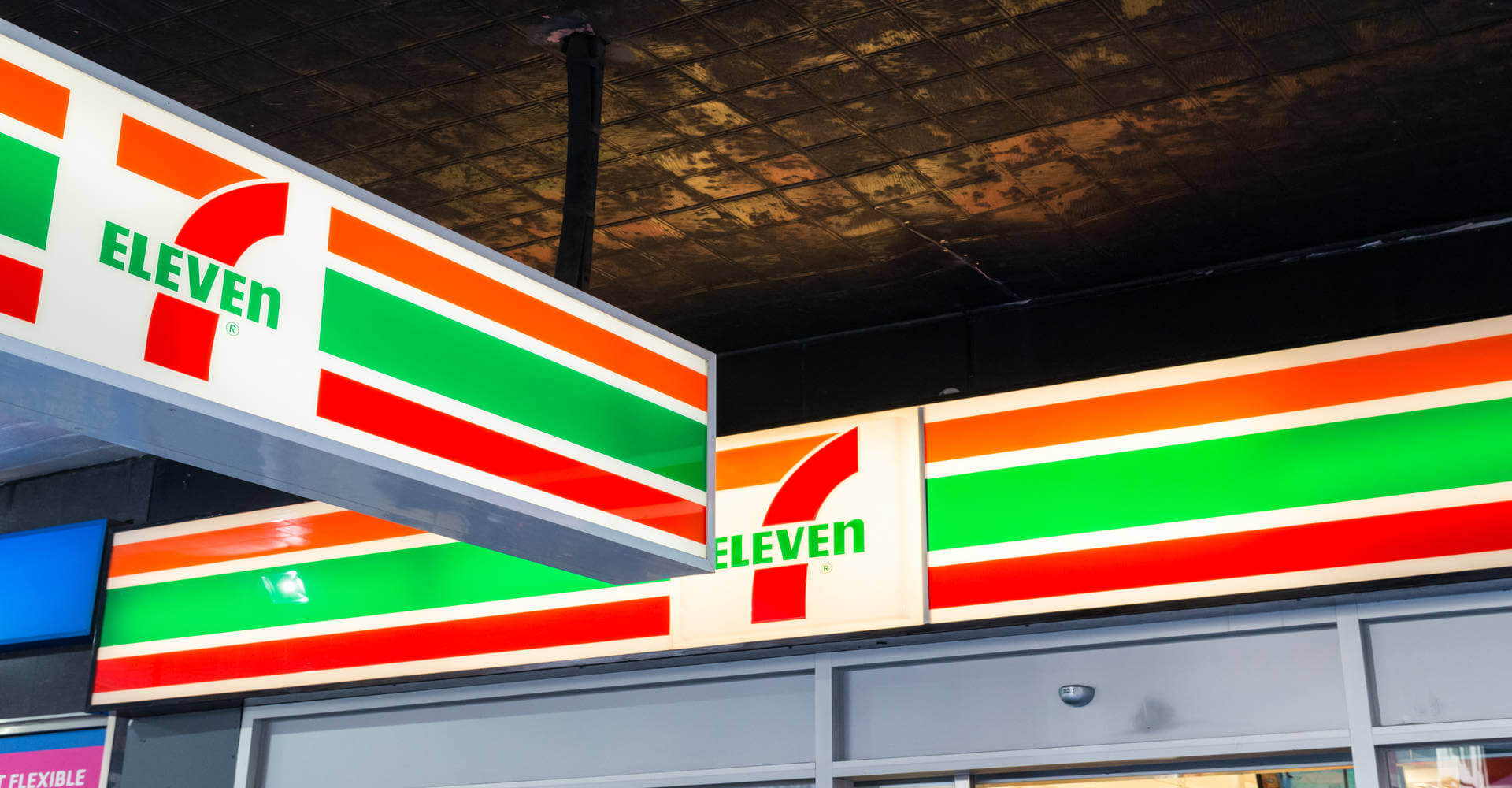7-Eleven class actions launch second bid to limit communications with franchisees


After a first failed attempt, two class actions against 7-Eleven are trying again to restrict communications between the convenience store giant and franchisees ahead of a settlement approval hearing with ANZ, the bank that loaned money to store owners.
For information on rights and reprints, contact subscriptions@lawyerly.com.au